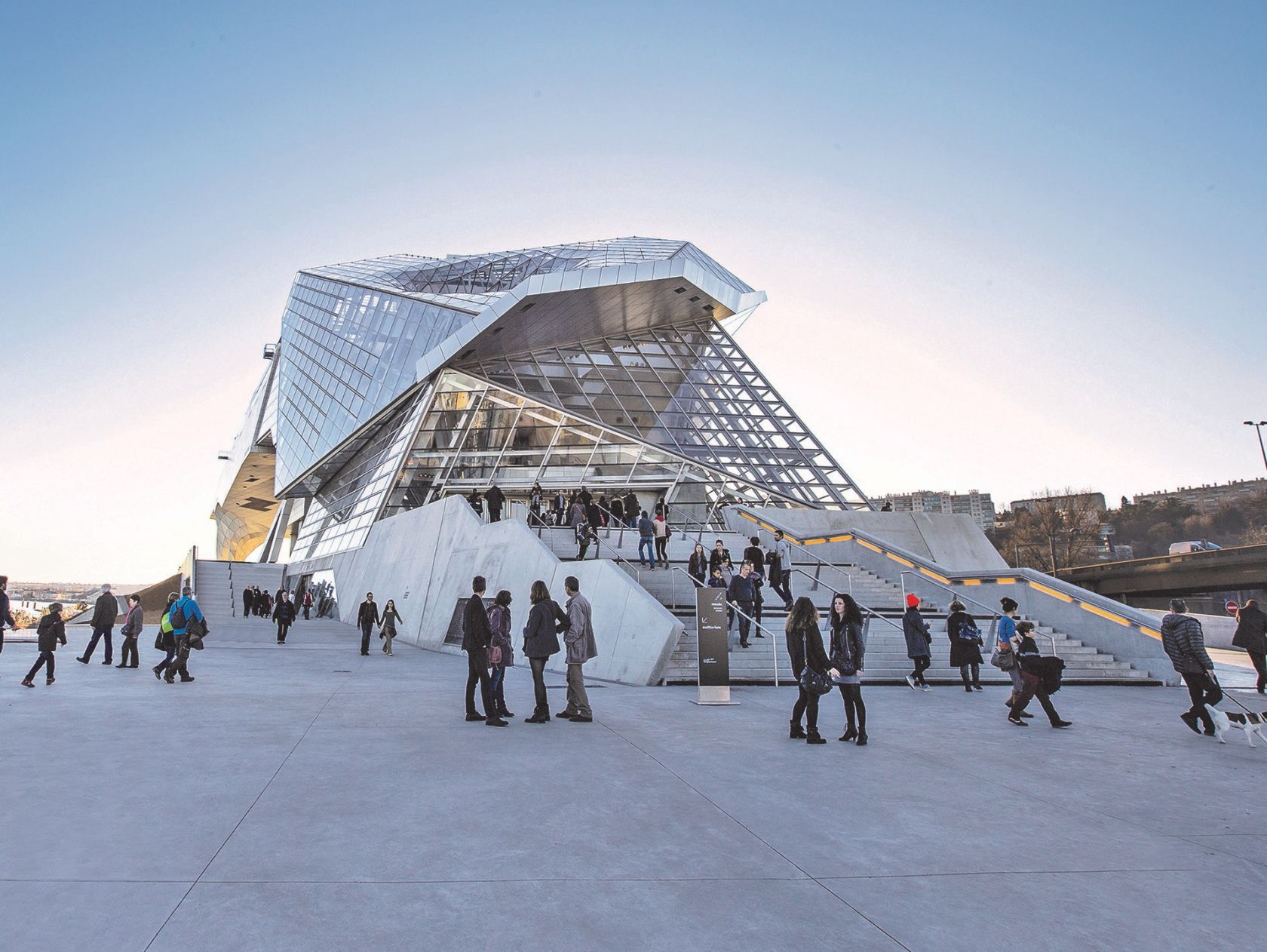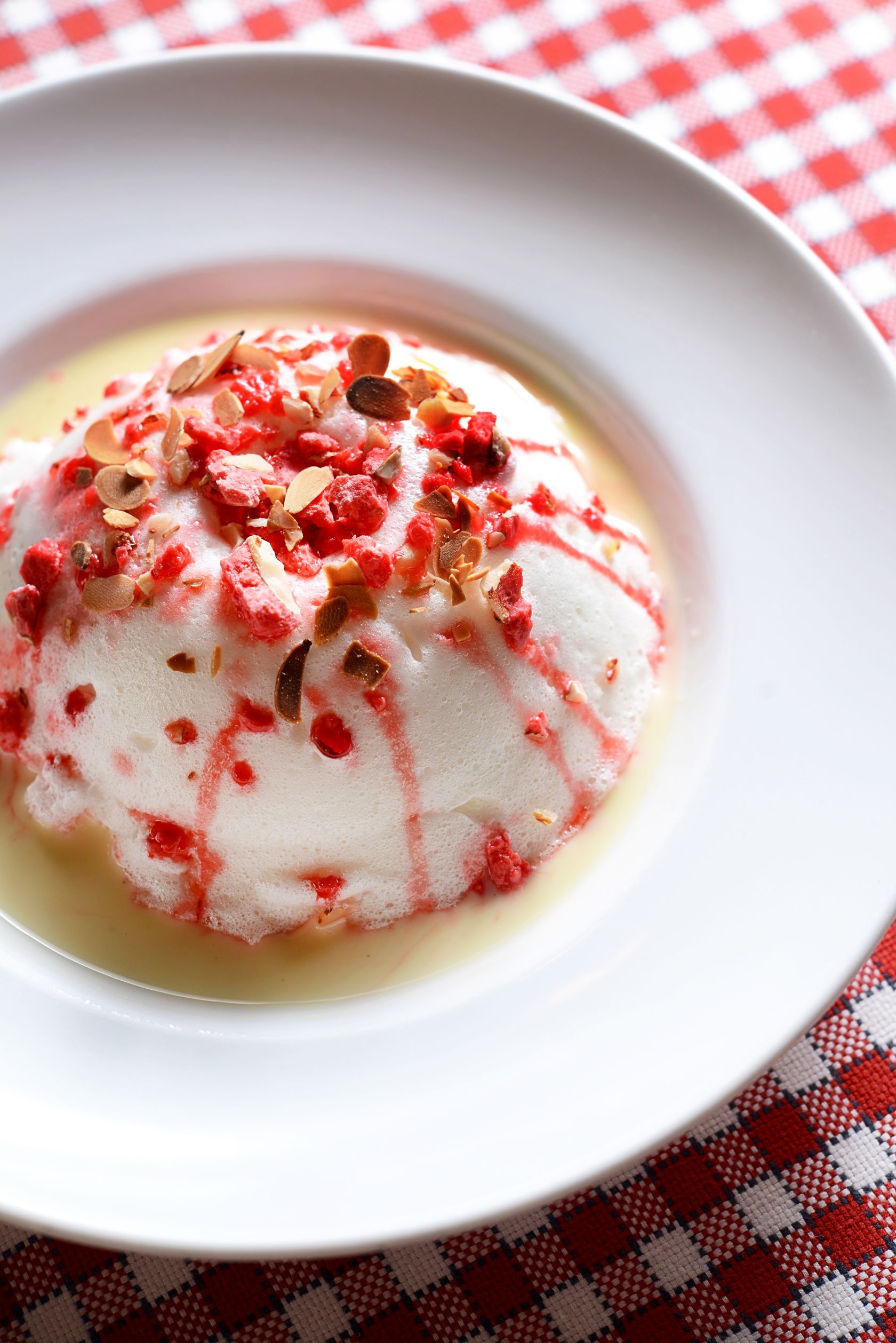Exactly 130 years ago, the Lumière brothers filmed La Sortie de l’Usine Lumière à Lyon (Employees Leaving the Lumière Factory), widely regarded as the first-ever motion picture. In 2025, the city is proudly celebrating this cinematic milestone with festivals, exhibitions, and a renewed focus on its cultural heritage.
From street murals to Roman ruins, modernist museums to medieval alleyways, Lyon blends its rich past with a forward-thinking spirit. And while it has long been synonymous with fine food and gastronomy, this year, it’s culture – and especially cinema – that’s taking centre stage.
The anniversary of the birth of cinema has been marked across Lyon with special events. Central to the celebrations is the Musee Lumière, housed in the original family home of Auguste and Louis Lumière in the Monplaisir district.
Recently renovated, the museum offers visitors a deep dive into the brothers’ inventions and the magic of early film, with original cameras, restored reels, and immersive exhibits that capture the excitement of the dawn of moving pictures.

Miniature
Across town in the heart of the Presqu’île district lies the Museum of Cinema and Miniatures, a remarkable collection that pairs thousands of film props with astonishingly detailed miniature sets.
Founded by miniaturist Dan Ohlmann, the museum features original items from Harry Potter, Star Wars, Batman and Beetlejuice, alongside rotating exhibitions – this year’s includes a tribute to Ghostbusters. It’s a treasure trove for movie lovers, offering an intimate, hands-on experience of film history and craftsmanship.
Cinema isn’t the only art form in the spotlight. Lyon’s commitment to creativity is etched into its very walls – literally. More than 100 large-scale murals animate the city’s facades, many of them depicting key moments and figures from Lyonnais history.
A guided street art tour reveals these giant canvases, including one featuring the Lumière brothers, as well as works honouring chefs, writers, musicians and resistance heroes. It’s a city where history is as visible on the streets as in the museums.
And there are museums in abundance. With more than 30 cultural venues, Lyon rivals many capitals. Among the most striking is the Musée Des Confluences, a science and anthropology museum housed in a futuristic structure at the meeting point of the Rhône and Saône rivers.
The architecture, all angular glass and steel, evokes a grounded spaceship – an effect enhanced by dramatic lighting and immersive exhibitions. Inside, visitors journey through topics from the natural history of the Amazon to the science of dreaming. Celebrating its 10th anniversary, the museum has become the most visited in Lyon and one of the top outside Paris.

Contrasts
Lyon’s charm lies in its contrasts. Its four major districts, each with a unique personality, tell the story of a city that has been continuously inhabited for over two millennia. Vieux Lyon, or Old Lyon, is a UNESCO World Heritage Site characterised by Renaissance architecture, cobbled lanes, and traboules – secret passageways originally used by silk workers and later by the Resistance in World War II.
Climb the hill behind the old town, and you’ll reach Fourvière, crowned by the Basilica of Notre-Dame de Fourvière. From here, sweeping views stretch across the city, and on clear days, all the way to Mont Blanc.
Nearby, the ruins of a Roman theatre host summer performances, a reminder of Lyon’s ancient roots as the capital of Roman Gaul.
To the east, across the Saône, lies the Presqu’île, the elegant 19th-century heart of the city. It’s a shopper’s paradise, with tree-lined boulevards and Belle Epoque architecture.
Another district not to miss is Croix-Rousse, known as the “hill that works”. Once the centre of Lyon’s silk-weaving industry, its tall-ceilinged buildings were designed to accommodate Jacquard looms. Today, it’s a bohemian enclave of artists, galleries, cafes, and open-air markets – a creative neighbourhood that still feels like a village within the city.
No trip to Lyon is complete without acknowledging its legendary gastronomy. Often dubbed the culinary capital of France, Lyon has more than 5,300 restaurants, from traditional bouchons serving hearty Lyonnaise fare to sleek food halls like the Halles de Lyon Paul Bocuse, where top producers offer everything from charcuterie to artisanal chocolates.
And for those with a taste for sustainability, the city is leading the way in eco-conscious tourism. One-third of Lyon’s hotels are eco-certified, and visitors are encouraged to explore on foot or by bike, with over 1,200 kilometres of dedicated paths. A new year-round river shuttle service will soon launch, providing a green, scenic way to traverse the city.
Whether tracing the legacy of the Lumière, brothers, exploring a silk-weaving workshop, or having a coffee outside a modernist museum, Lyon promises a blockbuster of a weekend break.









